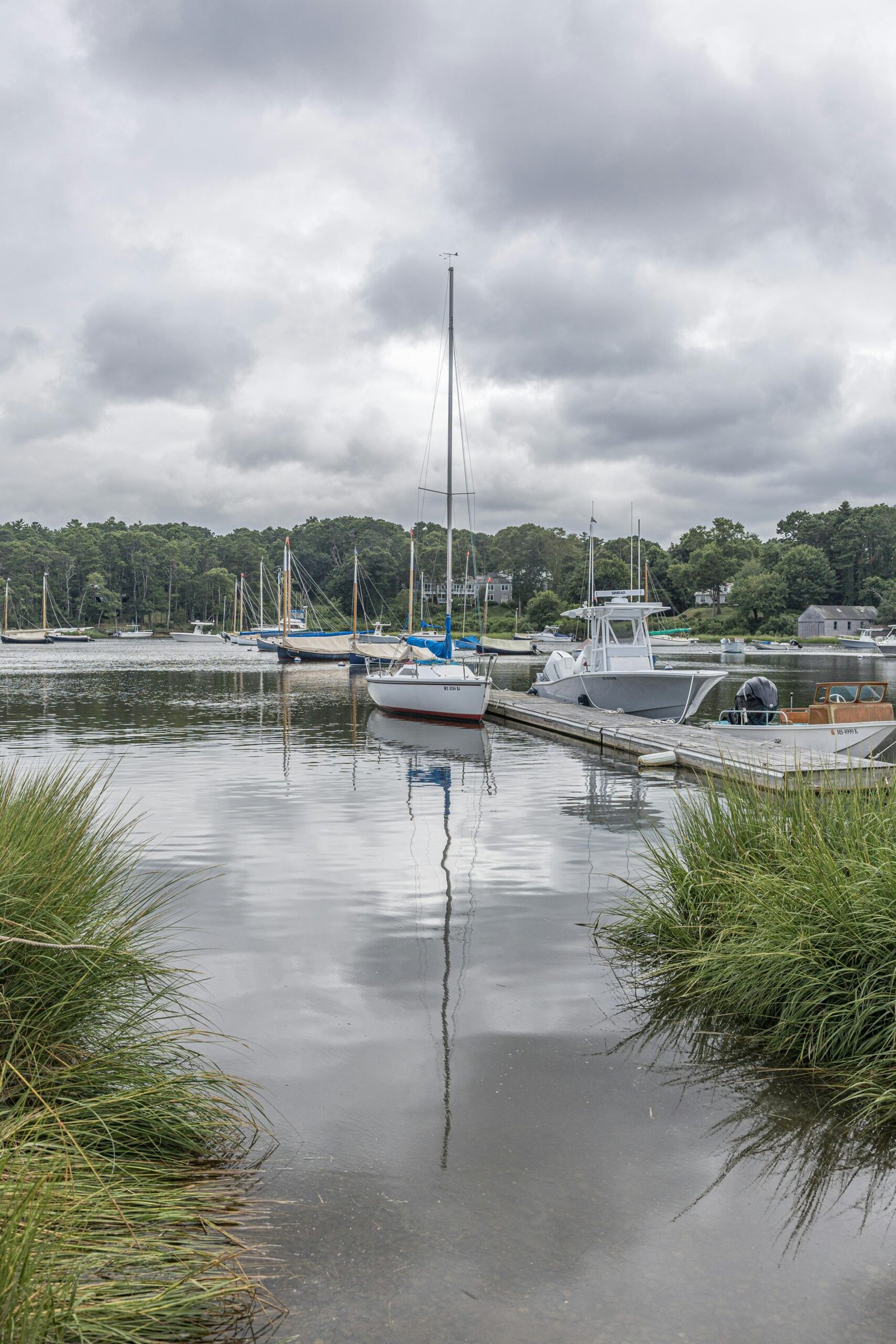A strong feeling of community, rich history, and strong cultural ties define the 7th Ward as a neighborhood in New Orleans. The 7th Ward, located northeast of the French Quarter, has always been an integral aspect of New Orleans’ Creole character and has been instrumental in the city’s rich history and present-day cultural transformation. The 7th Ward is an essential element of New Orleans’ character, and this article will examine its history, culture, and resiliency to show how this area has changed and grown over the years.
Contextual Historical
Similar to the rest of New Orleans, the 7th Ward has a complex and multi-faceted past. The area, which first came to be in the 1800s, was a major center for Creole culture, especially among those of African, French, Spanish, and Caribbean ancestry. Many Creole professionals, artists, and business owners made their homes in the 7th Ward, and the neighborhood flourished and became culturally unique as a result.
The 7th Ward’s connection to the free people of color (gens de couleur libres) who settled there in the early 1800s is a crucial part of the neighborhood’s history. These free Black residents, many of whom had advanced degrees and worked as skilled artisans, significantly contributed to the cultural and economic development of the city. They had an impact on the development of the distinctive Creole culture, language, food, and music that are now associated with New Orleans.
Creole Identity and Its Cultural Legacies
A lot of people consider the 7th Ward to be where Creole New Orleans is at its core. The neighborhood’s architecture, cuisine, and music are all infused with Creole culture, which is a blend of African, French, Spanish, and Caribbean elements. Both locals and tourists alike recognize and appreciate the unique cultural character that the 7th Ward owes in large part to its Creole heritage.
Many 7th Ward residents still hold creole food in high esteem. Gumbo, jambalaya, red beans and rice, and many more classic Creole dishes have strong historical roots in the region, and many homes and businesses here take great pleasure in continuing to offer them. In addition to the cuisine, the neighborhood’s architecture reflects Creole culture. The shotgun homes and Creole cottages are remnants of a different time.
The 7th Ward is also defined by its music. Jazz and brass band artists, in particular, have emerged from this region as major figures in New Orleans’ musical history. The 7th Ward was home to legendary musicians Danny Barker and Sidney Bechet, and the area’s second-line marches, brass bands, and community festivals keep the music alive today.
The Effects of Hurricane Katrina: Difficulties and Overcoming Them
The 7th Ward, like much of New Orleans, saw enormous difficulties following Hurricane Katrina in 2005. Many long-term inhabitants were forced to leave their homes and businesses as a result of the storm’s extensive flooding and destruction of infrastructure. Because of its long history and close-knit community, the area took a heavy impact from the tragedy.
The 7th Ward has shown amazing resiliency in the face of these difficulties. After the disaster, many people returned to their homes and lifestyles, and the community has been working tirelessly to repair and restore the area. A vital part of these rehabilitation initiatives has been the work of nonprofits and community leaders to combat gentrification, displacement, and economic injustice while also protecting the area’s rich cultural history.
The 7th Ward is still a representation of New Orleans’s resilience and its past hardships. Creole culture, community pride, and historical pride have formed the neighborhood’s character, which is resilient and adaptable despite the constant change.
The 7th Ward as It Is Now: A Community Transformation
The 7th Ward has gone through some major transformations in the past several years. The 7th Ward of New Orleans has become a magnet for newcomers, companies, and investors as the city undergoes its ongoing urban renewal. Some worry that the neighborhood’s cultural fabric may be lost due to gentrification, even as this growth has offered new possibilities.
A large number of concerned citizens are making efforts to preserve the 7th Ward’s heritage in the face of these transformations. Efforts to keep the neighborhood’s Creole character, patronize local companies, and protect historic properties are never-ending. Despite facing new obstacles, the 7th Ward has maintained its strong sense of community via its annual cultural festivals, second-line marches, and other activities.
Important Sites & Landmarks in the Seventh Ward
Several significant landmarks in the 7th Ward attest to the area’s cultural and historical importance:
- One of the first African American Catholic parishes in the US is St. Augustine Church, which is situated just outside the 7th Ward in the adjacent Tremé neighborhood. It has always played an important role in New Orleans’s Creole and African-American communities.
- Dooky Chase’s Restaurant: This family-run spot in New Orleans has been around for a long time and is known for its Creole dishes. Not only is the cuisine excellent, but the restaurant also played an important part in the Civil Rights Movement by housing prominent figures and activists throughout the ’60s.
- Although it is located in the Marigny, Frenchmen Street is a vibrant nightlife and live music district that is close to the 7th Ward. The 7th Ward and other nearby areas have strong musical traditions, and this is reflected in the street’s lively music culture.
- Several small shops, galleries, and communal spaces may be found along Bayou Road, one of the oldest streets in New Orleans. Bayou Road goes through the 7th Ward. It serves as a reminder of the 7th Ward’s historical importance and has become a center for cultural activities.
Conclusion
The 7th Ward is a neighborhood in New Orleans that is rich in history, culturally beautiful, and communally strong. The 7th Ward is an integral aspect of New Orleans’ history and culture, from its Creole origins to its contributions to the development of the city’s musical and culinary traditions. The neighborhood has persevered through thick and thin, adjusting to new circumstances while holding on to the traditions that have always made it special. This was especially true in the years following Hurricane Katrina.
The 7th Ward’s continued success is evidence of New Orleans’s resiliency; here, history, culture, and community come together to form something unique.








